“The K2” (더 케이투)
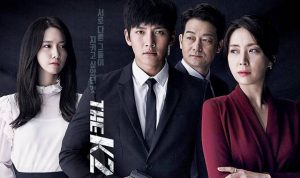
“The K2” is billed as an action thriller, but it’s really a story about people who are so thoroughly broken that their sense of morality and justice is skewed to an absurd level.
Journalist, Author & Syndicated Columnist

“The K2” is billed as an action thriller, but it’s really a story about people who are so thoroughly broken that their sense of morality and justice is skewed to an absurd level.
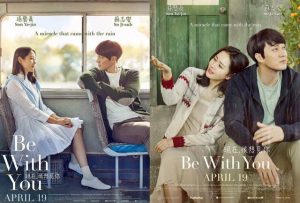
If you could re-live a part of your life, knowing that the time you had with your loved ones would be fleeting, would you risk it? The Korean feature film “Be With You” (지금 만나러 갑니다) offers this intriguing concept. It wasn’t perfect, but it made my heart hurt … and happy.

“Five Fingers” is what I categorize as a “Melrose Place” series, where an evil character treats people like garbage, but viewers are expected to root for them, because they occasionally show signs of humanity. No. Just no!
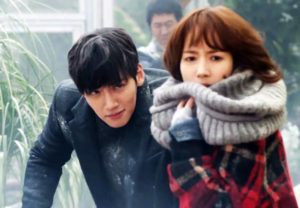
A smart, 20-episode series that was well cast, it offered intrigue, action, comedy and a bittersweet love story that ends in such a way that the viewer is left assured that the couple stays together forever. This is also one of the rare Korean dramas I’ve seen where the lead characters aren’t involved in a love triangle (though there is a sub-plot where unrequited love between secondary cast members plays a role).
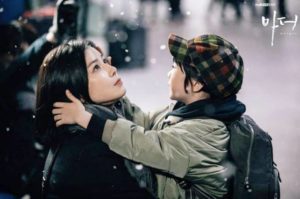
A common element running throughout the plot is that you are not a “real” child if you don’t share your parents’ DNA. One of the central characters views herself as superior to her adopted sister, because … adoption. The emphasis on a family’s pure bloodline is still in effect today in Korea. And though more adoptive families are telling their children about their adoption stories, many still let their kids assume they are biologically related to their adoptive parents.
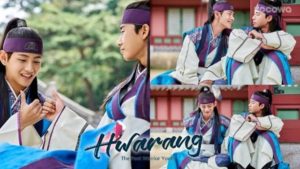
“You get to decide what kind of King you are going to be.” Don’t remember that line from “Hwarang”? That’s because it’s a quote from the blockbuster film, “Black Panther.” When the newly crowned king, T’challa, worries about how he will rule over his subjects, Nakia tells him, “You cannot let your father’s actions define your life.
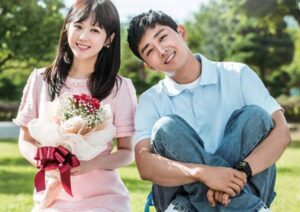
If you could go back to your past, would you? And, if so, what would you change? That’s the premise for “Go Back Couple,” a thoroughly-enjoyable drama filled with charismatic leads and a plot that is both funny and touching — especially for those of us who are already parents.
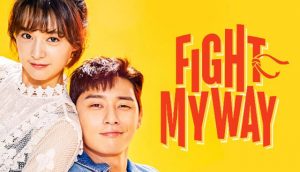
One of the things I enjoy about Korean dramas is that many tend to focus of the main characters’ childhood friendships and how that camaraderie evolves into their adulthood. Such is the case here, where four friends grow up with each other and, eventually, end up falling in and out of love with each other.
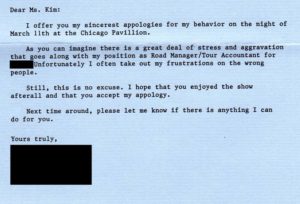
Many years ago, the road manager for a very famous band called me a chink bitch and waited for me to go away. I’m still here.
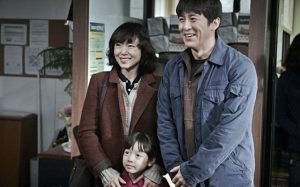
The first Korean film to be shot in the Caribbean, “Way Back Home” was shot in a real women’s prison, with some of the actual guards and detainees serving as background characters. The filmmakers clearly believe that while Jang Mi-Jeong (the woman on whom the movie is based) may have been guilty, her crime was less egregious than the way the Ministry of Foreign Affairs handled her case.